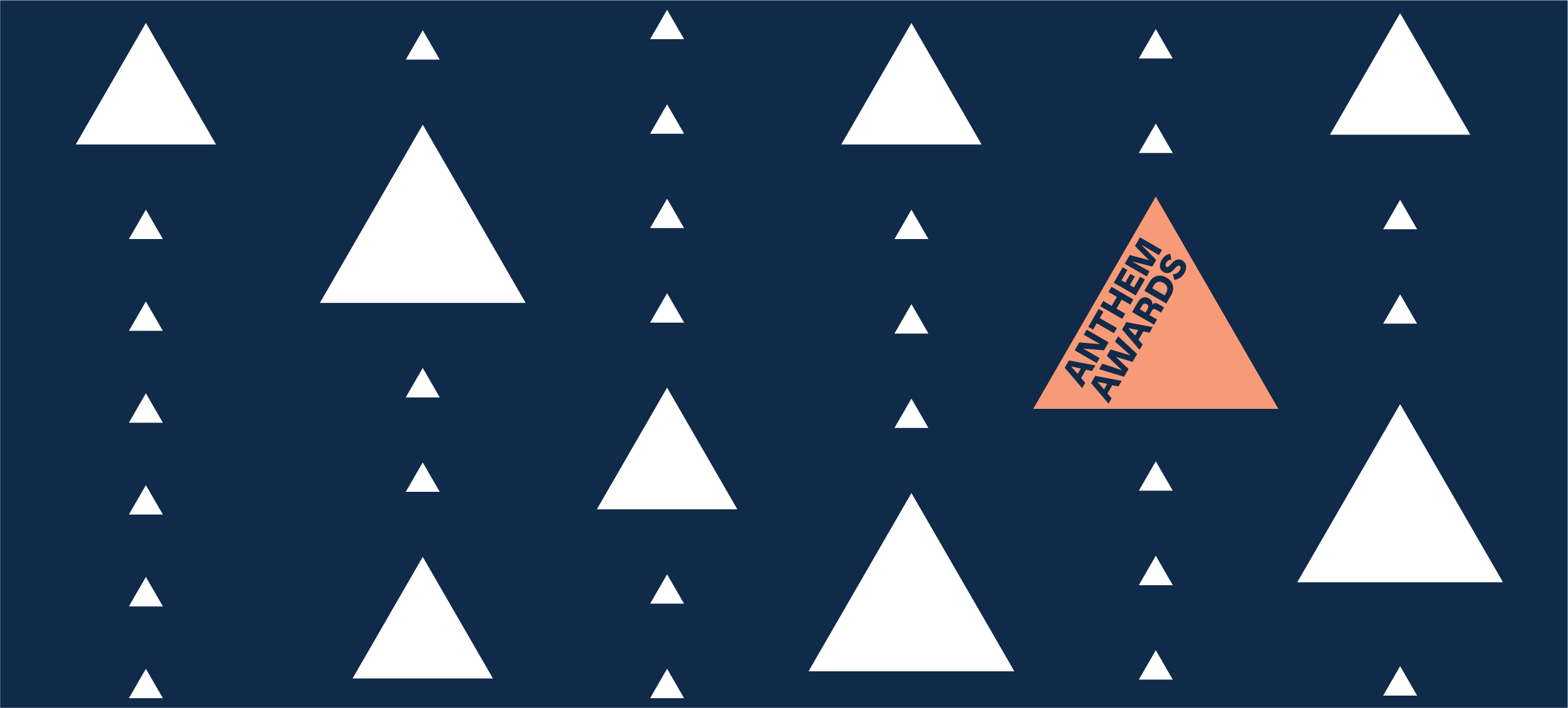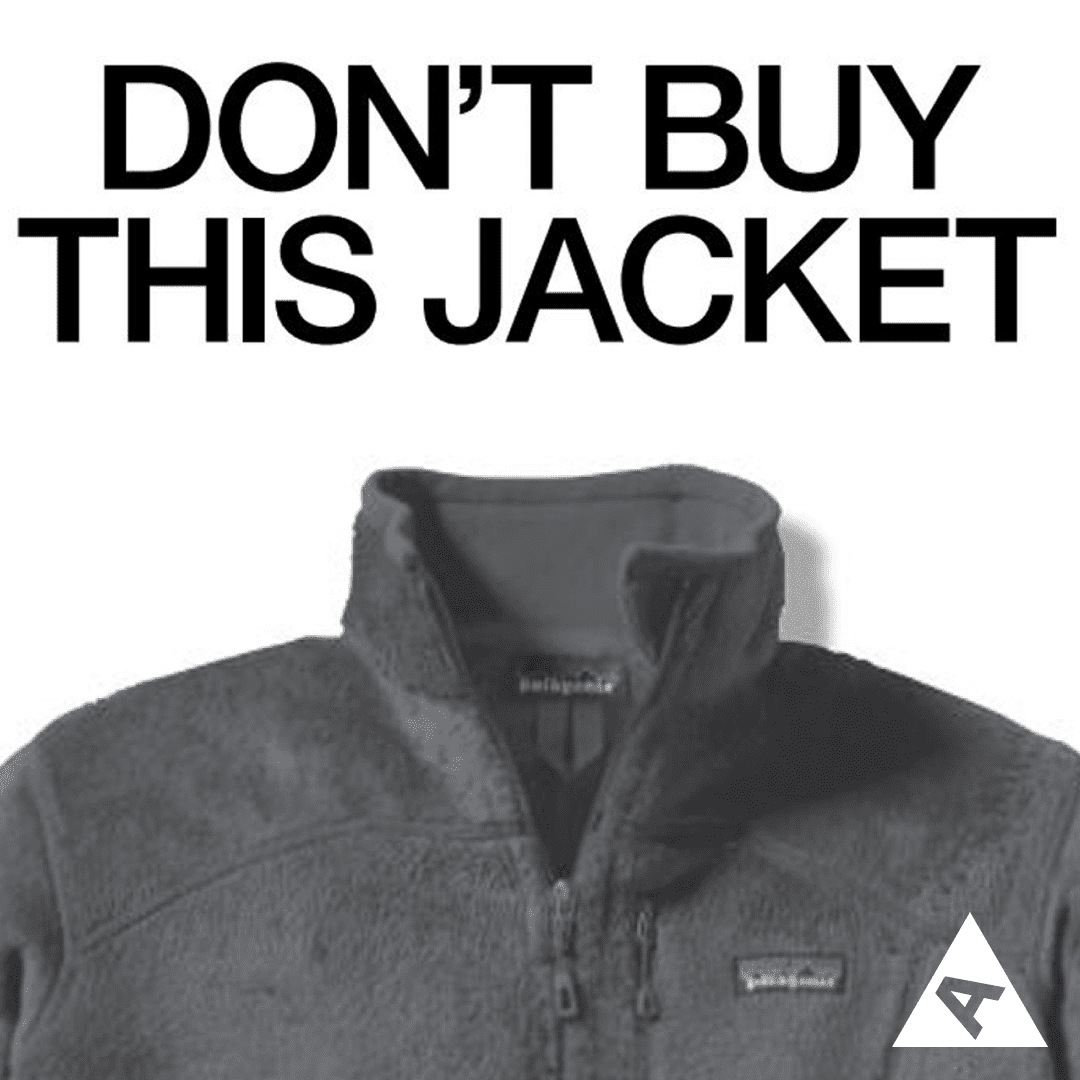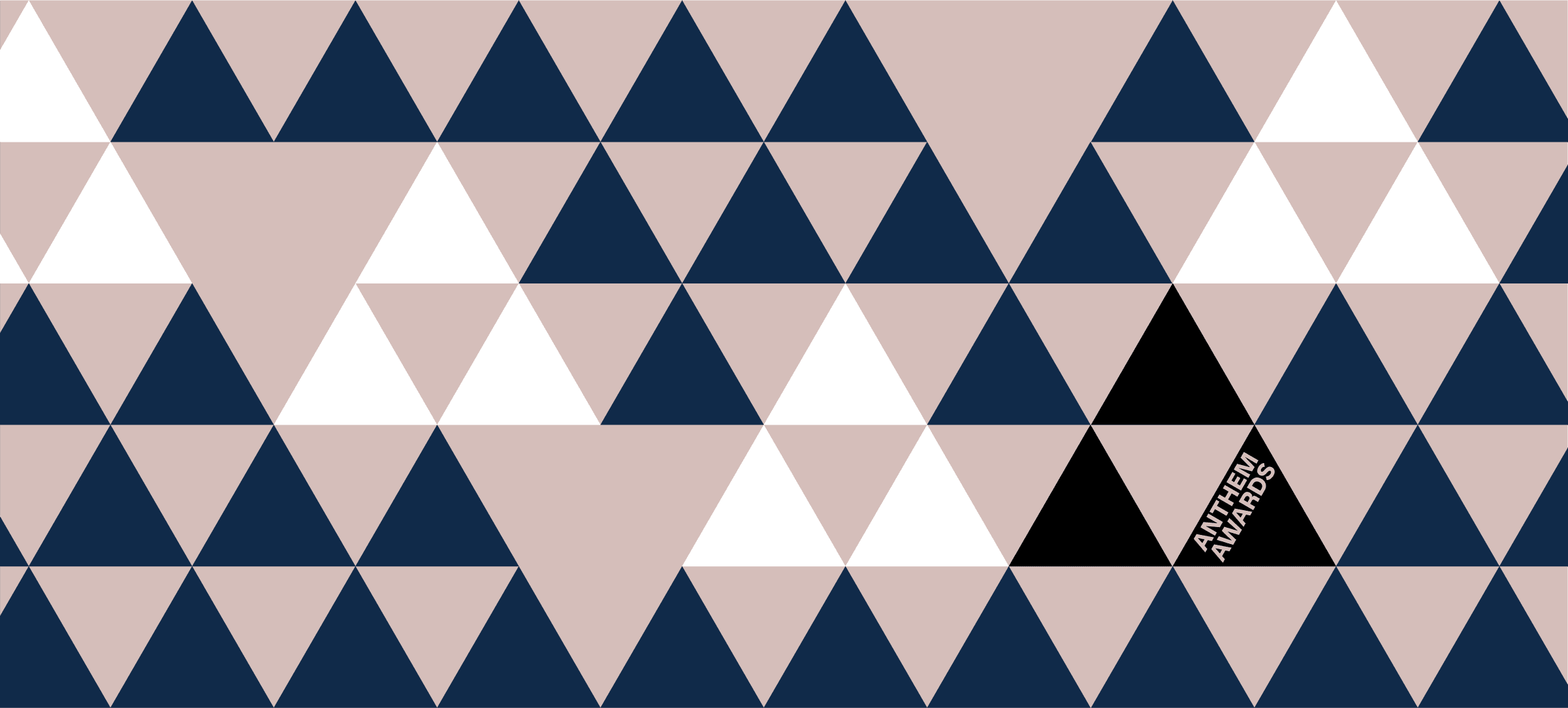Impact Stories: Response to Covid-19
Featuring
Fadwa Yousef, Co-Founder, The Door; Kat J. Park, Designer, NASA JPL – Caltech, and Michelle Easter, Mechatronics Engineer, NASA JPL – Caltech.
Moderated by: Nick Sugai , VP Group Campaign Director, Ad Council

As part of the Inaugural Anthem Awards Conference on February 28, 2022, Fadwa Yousef, Kat. J. Park and Michelle Easter were gathered to talk about the positive impact being made in response to the COVID-19 pandemic.
Highlights include:
- Fadwa Yousef’s unexpected conversation with an Ethiopian immigrant
- Accomplishments of the Mars Perseverance Rover, Ingenuity Helicoptor and the design of vital technology to help with the global ventilator shortage in hospitals due to high covid rates
Watch the full discussion:
Read the full transcript below:
COVID 19 RESPONSE
The Inaugural Anthem Awards took place on February 28, 2022. Winners Fadwa Yousef, Co-Founder of The Door; Kat Park, Designer at NASA JPL – Caltech; and Michelle Easter, Mechatronics Engineer at NASA JPL – Caltech. They were gathered around by Nick Sugai, Vice President and Group Campaign Director at the Ad Council, to talk about their personal experiences regarding the pandemic.
Video Captioning 0:17
Do you want to take one? My name is Wesley. Hello, my knucklehead brother, my friend Nephi, my boyfriend, Doug, I thought we’d be on the same page about this, and we’re not. How do I know the way I’m gonna respond to it? There’s not that long term research out there yet. Yeah. I don’t want to be on the front line. But you’re human, you’re gonna make a mistake. I’m just saying Everyone has the right to make their own decision. Why would you want to take that risk? Can you imagine being the person that goes to somebody’s house and gives them a virus that kills them? What if you end up in the hospital? That’s what I’m scared of. If you were to die, man, that would literally kill me, man. They made you feel that way bro. I’d probably too. Let me hug you. I love you. I love you too.
Nick Sugai 1:21
Good afternoon, everyone. My name is Nick Sugai, and I’m Vice President, Group Campaign Director at the Ad Council. We are a nonprofit organization that mobilizes the advertising, media, tech, entertainment and marketing industries to address the nation’s most pressing issues. It’s been almost two years since the beginning of the pandemic. I think it’s safe to say the COVID crisis has been the biggest public health issue of our lifetime. I’d like to talk a little bit about the video you just saw and how we’ve responded from the Ad Council. Over the past year and a half, I’ve been helping lead the Ad Council’s COVID vaccine education initiative. It’s hard to believe that when vaccines were first authorized a little more than a year ago, less than 40% of American adults said they would definitely get the vaccine. Today, we’re thrilled to have over 80% vaccination for the adult population in this country. The key insight of our overall campaign is that it’s okay to have questions. We are a judgment free zone and we’ve helped build confidence by connecting people with trusted information and medical expertise so that everyone can make an informed decision. The specific piece I want to talk about today is a more recent part of the project we launched last fall. We are seeing vaccine rates much lower among younger adults, many of whom have lingering doubts and didn’t feel a sense of urgency to look into vaccines more. Within so many families, we also knew there were starting to be real fear and concern about having a loved one who was not protected against COVID. We all saw the polarized debates happening in the news and on social media. But, we wanted to show the other side of those conversations coming from a place of compassion and love. So we worked with an amazing ad agency Deutsch L.A. to capture real conversations between friends and family. Each of these pairings was in a different place when it came to vaccines. But they had a common bond in caring about each other. The goal was to reframe this as a productive conversation between loved ones rather than as attacks. These were real conversations between siblings, couples and best friends, where we simply allowed them to articulate what they were experiencing and feeling when it came to the virus in vaccines. The final videos were seen 10s of millions of times among the young adult audience on platforms like Instagram and Tiktok. The videos collectively drove nearly half a million visitors to getvaccineanswers.org To find more information about vaccines. Since these were released, we’ve seen that gap close where more young adults are now vaccinated against COVID and feel confident in the vaccines as well as educated. We are extremely proud of the work and thanks again to Deutsch L.A. for everything on this project. With that, let’s shift gears a bit beyond the Ad Council. There’s so many others who found a way to make a huge impact during this crisis. Very excited today to have a great session to hear about how different groups have responded. So I’d like to introduce our panel and start by welcoming Fadwa Yousef, co-founder of the door and ListeningLab. Thank you so much for joining us today, Fadwa. I’ll turn it over to you for a short presentation.
Fadwa Yousef 4:35
Thank you so much for having me. So hello, my name is Fadwa Yousef and I’m one of the cofounders of ListeningLab, which started in May 2021. We went across the five boroughs of New York City and set up a table and two chairs to invite people to answer the question, how has your life changed since March 2020? Now on top of being a public health disaster, the COVID-19 pandemic also strengthened, another epidemic this country had been dealing with for quite some time now, loneliness. With nearly a million people permanently gone. People who can’t seem to make sense of this new normal, loneliness has gotten worse. We see it take the form of anxiety, trauma, crime, conspiracy and political polarization, distrust and suicide. That’s like for example, how the leading cause of death in young adults now was fentanyl overdoses, or how we’ve seen a sharp rise in violence across the country. Now, I’d like to recount a conversation I had with an older gentleman back in July. I definitely remember it being hot outside. But anyways, he was telling me about how he’d recently gone back to college to get another degree. Now he was an Ethiopian immigrant and I, myself, am an Egyptian immigrant. We talked about our home countries, he told me about all the places he visited in Egypt. I remember laughing and telling him that I think he’d seen more of my own country than I had. We talked about how we were worried our countries would go to war over who has control of the water, particularly as East Africa experiences the effects of global warming. Then, we cycled back to talking about college and we both could agree that it was an incredibly lonely time to be getting an education. Now, he wanted to share in the joy of learning with his classmates. I felt that deeply in turn, he was a lot more motivated about his studies than I was at the time, so I can bet he was a better student than I was. Regardless, as we got to the end of the conversation, I found myself feeling sad about saying goodbye. I let him know that I was excited for him the places he was sure to go next. He thanked me and started to stand up. Now, as he was beginning to walk away, he stopped and turned to me and told me something that really took me aback. He told me that I was truly a good person for what I was doing, sitting out there inviting strangers to talk with me. That sentiment was echoed time and time again, by other people I’ve spoken to. This wasn’t a one sided sense of gratefulness by any means. I felt myself breaking out of this tunnel vision I had of the world. With each conversation that I had, I could look at the people around me and really feel just how real they are, just how intimately we all share the spaces that we live in. All the fears and hopes that I had weren’t in isolation, even if it was hard to see that when I was quarantined for months on end in my room. Now, I don’t think ListeningLab can solve any of the problems we’re facing today, and really have been facing for years. But I think, I hope, that maybe what we do will help people begin to heal, maybe push people to feel that they and those around them deserve better. I think if we could recognize that not only we need one another to live, but that we have one another too if we could just try and sit with one another at the same table. Then maybe we could start laying out the foundations for a future that doesn’t allow room for something of this traumatizing magnitude to ever happen again.
Nick Sugai 8:25
Thanks Fadwa, it’s such amazing work. Such an important time for human connection and listening. So huge amounts of credit for the entire undertaking. It’s incredible. I’d also like to introduce Kat Park Designer at NASA JPL, Caltech and Michelle, Easter Mechatronics, Engineer at NASA JPL, Caltech. I’ll turn it over to you for a short presentation.
Michelle Easter 8:52
Thank you so much, Nick. I’m really honored to share our project with you today. On behalf of our team. My name is Michelle Easter, and I’m a Mechatronics Engineer at the Jet Propulsion Laboratory. Now, some of you may recognize JPL from our legacy of building cutting edge spacecraft. JPL has built some unbelievable things before, including the recent Mars Perseverance Rover, and its partner the Ingenuity Helicopter, which actually performed the first ever extraterrestrial aircraft flight in history last year. In 2020, as Perseverance and Ingenuity left the lab and headed to the launch pad, COVID fell upon the world and JPL all across the lab began to think, what can we do to help? In response, we formed vital ventilator intervention technology accessible locally. Our goal was to design a low cost mass manufacturable ventilator to help offset potential impending global ventilator shortage. Now, this was a challenge because it hasn’t been approvable by regulatory agencies and, to maintain a very strict non interference policy with the medical component supply chain. We worked with local vendors and we connected with clinicians to help translate Air vs Patient needs into hardware requirements. After 37, extremely intense phase, we received FDA EUA approval for the first design, which required about 1/7 of the parts of a traditional ventilator. In just one month later, we actually received approval for a second design, which is even more adaptable for use in field hospitals. We haven’t made it for mass production at JPL, we usually only build one of each spacecraft. Instead, our intention was to create the design and then empower others across the world to produce and distribute it in their local communities. We provided detailed design packages and licenses for three to about 30 manufacturers across six continents worldwide. Today, our licensees are in various stages of production. Some have even obtained local regulatory approvals and their country and somehow even began distributing ventilators into the field for patient needs. It’s clear to us that the mission is working and, as licensees progressively mature, we look forward to our network of vital partners continuing to support our global community, and the face of the COVID pandemic.
Nick Sugai 11:36
Excellent, thanks, Michelle. Such, again, such incredible, amazing work. The speed at which that all moved in, and just the impact it’s had is truly incredible. We have a few minutes here for discussion. Let’s kick off with this question. You know, we certainly made progress in this fight against COVID, from where we were a year or two ago. That said, there’s still challenges that lie ahead. We don’t know what the next few months a year holds. What are some emerging issues on each of your mind as we think about the next phase or what are your next steps that are on your radar, as we think about where you know where to go from here? Fadwa, I’ll send it back to you if you want to go first.
Fadwa Yousef 12:23
So as far as emerging issues go, where to even start with all the different social issues that we’re dealing with? I think the key to our response at ListeningLab is to continue forward with engaging in public spaces with these compassionate conversations. We want to offer people the space to really just look around them, and see the humanity in other people. That’s really about it. That’s just really the key to a lot of these activist movements. The key of activism is we care about one another. That’s why we fight for one another sort of thing. We take care of our own.
Nick Sugai 13:20
Absolutely, definitely. Kat and Michelle, if you want to weigh in on that as well, kind of what’s, what do you see as future challenges? Where do you go from here?
Kat Park 13:33
Sure, hi, I can grab that. Hi, I’m Kat. The drawing in the top right corner was something that I did. Just to touch on your question, one of the things that we realized when we were making the ventilator was this idea of communication. All of us were following COVID protocol. So we were all fairly isolated from each other, and a lot of people were working from home. Then even after that, like Michelle mentioned, the ventilate, like us at JPL, we make really specialized robotics. People create them, and they’re sent off to space, and nobody really interacts with them. The people who do interact with them are highly trained and very specialized. We thought a lot about human communication, and how are we communicating with each other? How are we even going to communicate how this device works to medical professionals quickly and in the field? I think that’s a big thing that we’re thinking about here now, which is communicating with each other and having a deeper understanding of each other.
Nick Sugai 14:33
I think that’s a common theme, for sure. More communication relating to each other’s understanding. We have maybe one more minute. I just asked each of you. What did you learn from this experience over the past year or two from working on this? What have you learned and what would be your advice to peers and everyone else, working in this space and trying to make a difference when it comes to the pandemic?
Michelle Easter 15:02
I’d like to take that first, if you don’t mind. One of the things that was hugely impactful to me personally is realizing how much of a personal influence every individual can have over something that seems like a global terror, by banding together and working together. This pandemic, probably the only good thing I can think about it, is that it’s the only thing that’s been able to really unify the world, in my recent memory. It’s unfortunate that that’s the case. We’ll get out of it by banding together. Everybody has something that they can contribute and, in the case of the ventilator, it took everything ranging from scientists and data analysts, artists and technicians, to machinists. Everybody was required to make that happen. I think it’s important that we keep in mind that we are a global village. The pandemic is making it impossible for us to ignore that. We have to think about what skills do I have and who can I team up with to help make it better for others?
Nick Sugai 16:09
Definitely, Fadwa, any last closing thoughts? All set? Anything to add? Okay, sounds good. Well, to everyone on the panel, Fadwa, Kat, Michelle, thank you so much for sharing your thoughtful responses and recapping the incredible work you’ve been doing. Thanks to everyone who joined us today. I think that’s all the time we have. So thank you, everyone.
Transcribed by https://otter.ai




